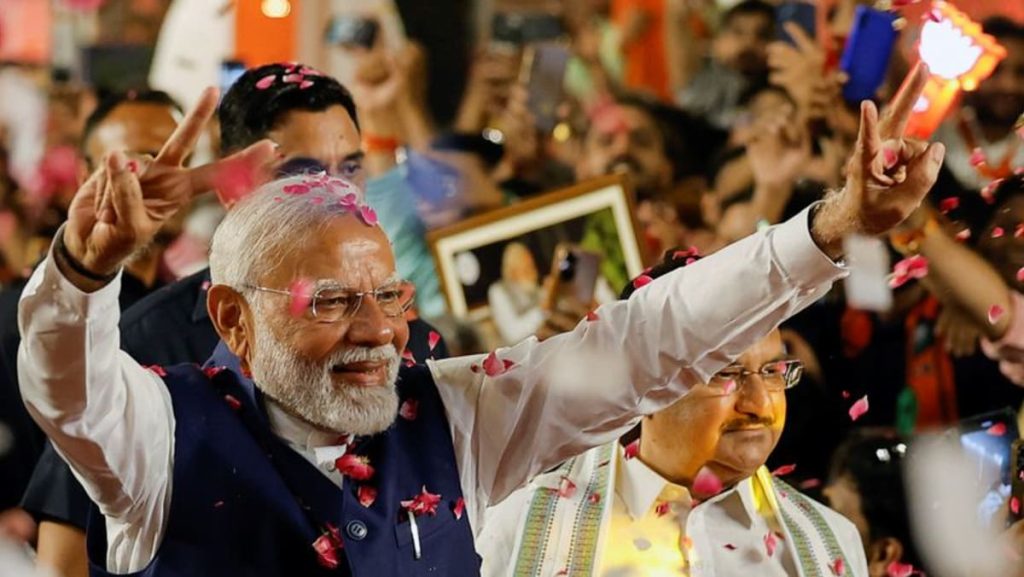For India, the outcome of the recent elections could have significant implications. The BJP’s alliance partners may not share the same pro-Hindu views as the party, potentially leading to a moderation of the BJP’s agenda to reshape India as an overtly Hindu nation. The need to accommodate alliance partners could result in a more restrained use of harsh rhetoric and a focus on offering concessions such as cabinet posts to maintain support.
Economically, a BJP-led government is likely to continue with its business-friendly policies, but a weakened mandate may hinder its ability to implement ambitious reforms in areas such as labor and land rules which are crucial for sustaining growth. To maintain support, the government may resort to populist spending measures, risking its fiscal stability in the process.
On the global stage, India’s profile has grown significantly under Modi’s leadership, with a strong economic growth rate and a large, young population making the country an attractive destination for foreign investment. Modi has strengthened ties with the US as a counterweight to China, while also maintaining strategic independence by not aligning with Western positions on issues such as the conflict in Ukraine and oil trade with Russia.
Analysts expect that India’s strategic partnerships and economic ambitions under Modi are likely to continue, including efforts to position the country as a global manufacturing hub and attract foreign investors seeking new opportunities amid China’s economic slowdown. As India’s influence in global affairs grows, its relationships with major powers and its role in key economic developments will remain significant factors to watch in the coming years.


